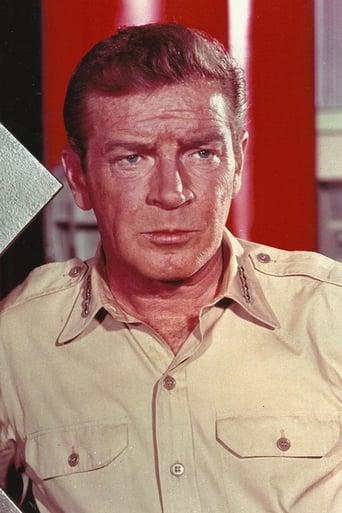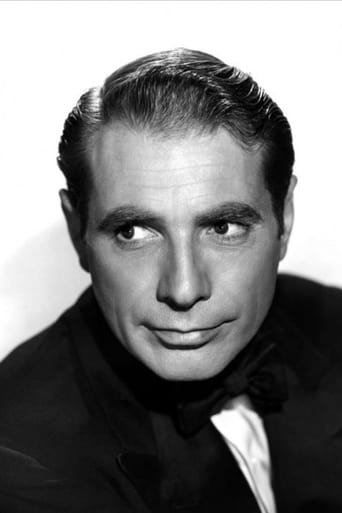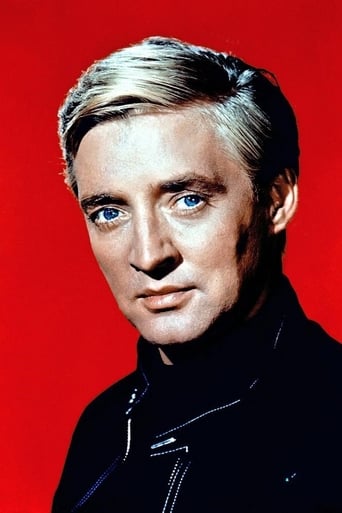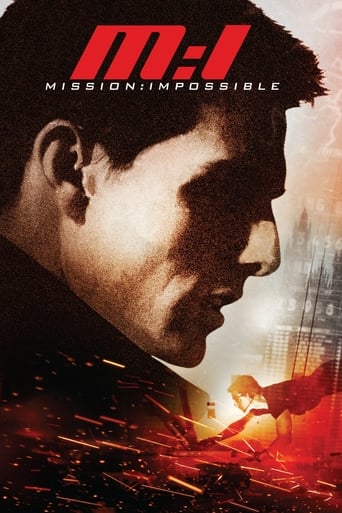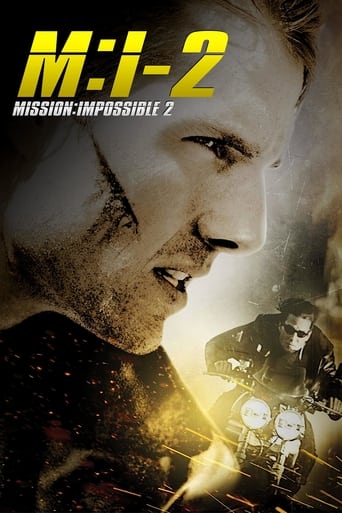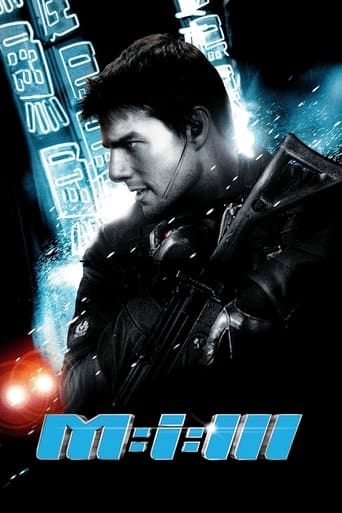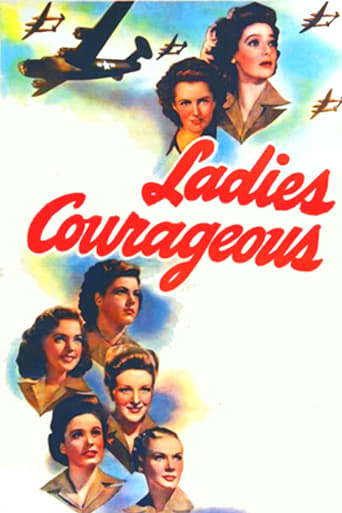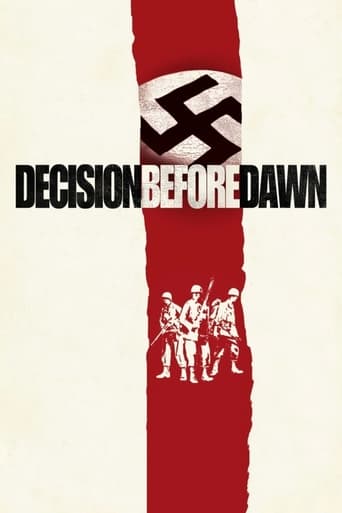
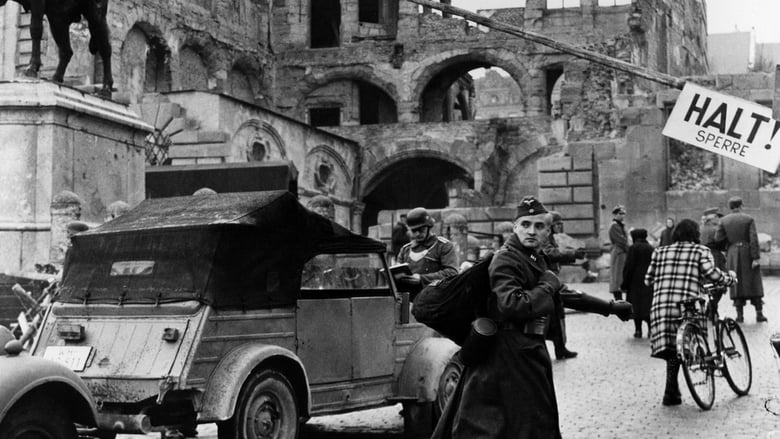
Decision Before Dawn (1951)
WWII is entering its last phase: Germany is in ruins, but does not yield. The US army lacks crucial knowledge about the German units operating on the opposite side of the Rhine, and decides to send two German prisoners to gather information. The scheme is risky: the Gestapo retains a terribly efficient network to identify and capture spies and deserters. Moreover, it is not clear that "Tiger", who does not mind any dirty work as long as the price is right, and war-weary "Happy", who might be easily betrayed by his feelings, are dependable agents. After Tiger and another American agent are successfully infiltrated, Happy is parachuted in Bavaria. His duty: find out the whereabouts of a powerful German armored unit moving towards the western front.
Watch Trailer
Cast
Similar titles


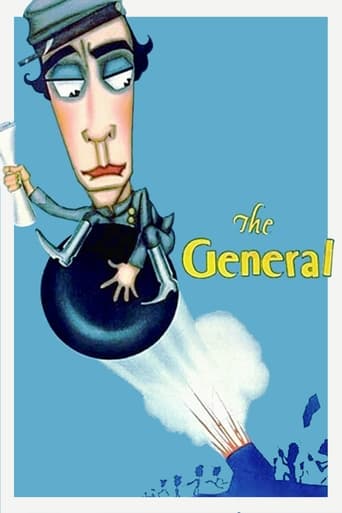
Reviews
Fantastic!
Yes, absolutely, there is fun to be had, as well as many, many things to go boom, all amid an atmospheric urban jungle.
This film is so real. It treats its characters with so much care and sensitivity.
The movie's not perfect, but it sticks the landing of its message. It was engaging - thrilling at times - and I personally thought it was a great time.
This is one of Fox's semi-documentaries, complete with the usual Foreword informing us about real people (only their names have been changed) caught up in real events. Aside from the German players – Hans Christian Blech is excellent as usual and so is O.E. Hasse – speaking English to each other, the movie is grimly realistic. Although no expense has been spared, tension does tend to be dissipated by the movie's long running time and thus lose some of its initial promise and impetus. The movie is more a picaresque study of Oskar Werner's adventures through war-torn Germany in 1944 than the suspenseful spy yarn initially promised, although it still carries plenty of excitement. Perhaps Werner's hero is too youthfully deferential to excite full audience identification. We usually like our main character to be made of stronger stuff like Richard Basehart and Gary Merrill. In fact, although first-billed, Basehart disappears from the action for far too long, It's too lengthy a hiatus before he finally reappears in time for the chase climax. Nevertheless, there are scenes that jolt the eye and ear along the way, along with thousands of extras. And it's all brought to life unobtrusively yet masterfully by director by Anatole Litvak, and superbly photographed by Franz Planer.
The middle of this movie, when Werner returns to England, is almost perfect movie-making. He brought a lot of soul to his role, and so did all of the other German characters. I thought it made a very vivid statement about what it was like in Germany in the waning days of the war.On the other hand, I thought the Americans were fairly silly. Square-jawed, baritoned, striding purposefully from place to place, always knowing exactly what needs to be done, the War-Winning Heroes in every way. They speak to Happy in an annoyingly condescending way, as if they are going to explain to him what war is all about. It rang false to me. Going by the other reviews here, I'm in a minority in this view.So I can do without those parts of the movie. Also the very end, when an American swims away under a hail of short-range gunfire and is miraculously untouched.But the depiction of Happy in Germany, and the conflicts he faces as he spies on his own country, was memorable.
To me there's nothing, nothing that can compare with the locations of postwar Europe for drama and pathos -- The Third Man, The Search, and Decision Before Dawn. Actually, Decision Before Dawn was set during the war, towards the end, but all the locations, including interiors, are the postwar ruins of Germany. Producer/director Anatole Litvak used these locations brilliantly. Within them he staged crowd scenes, battle scenes and pursuits, wide-angle and closeup, that boggle the mind. Though Litvak didn't get a deserved a Best Director Oscar nomination, Decision Before Dawn did get a Best Picture nomination, for 1951.The cast credits are a bit deceptive. Although billed third, Oskar Werner is the undoubted star. From five minutes after the start to five minutes before the end, he is in virtually every scene. As an actor Werner is like another brilliant Austrian, Klaus Maria Brandauer. Both are mesmerizing -- each has a mannered hesitance that gives a move, a line a kind of italics. Even their eyes are captivating, Werner's limpid, Brandauer's penetrating. As much as I love to watch Werner and Brandauer, they both seem to gravitate towards tragic characters, like Brandauer's Mephisto and Colonel Redl and Werner's Ship of Fools and this movie. I never like to see these two meet bad ends, but I guess bad ends are what their personas call for.Decision Before Dawn (nice title but not much to do with the story) is also distinguished by a great supporting cast, including Richard Basehart and Gary Merrill and the incomparable Hildegaard Neff. See her also in post-war and Cold War suspense like Diplomatic Courier, opposite Tyrone Power, and The Man Between, opposite James Mason.Decision Before Dawn has a downbeat ending, which seemed to me a bit arbitrary, given some promising relationships. But we are also left with an intriguing question: Can a traitor be a hero? It's a question addressed by one of the best movies to come out of the postwar era.
The presence of this prestigious but obscure war/espionage movie among the Academy Award nominees for the Best Picture of 1951 where it was up against such heavyweights as A PLACE IN THE SUN, QUO VADIS and A STREETCAR NAMED DESIRE has always intrigued me. The film is certainly well-made and acted on the surface but, I suppose, what impressed most at the time was its being based on a real episode of WWII (back then a mere 6 years away), it was shot among the actual German ruins and served as an introduction to two German actors Oskar Werner and Hildegard Knef (billed here as Hildegarde Neff) who would subsequently become internationally renowned film stars; incidentally, I have just acquired two other espionage films the latter made around this time, DIPLOMATIC COURIER (1952; with Tyrone Power) and THE MAN BETWEEN (1953; co-starring James Mason). Despite being third billed (after Fox stalwarts Richard Basehart and Gary Merrill), Werner is the true protagonist of the film and he acquits himself superbly playing a meek medical soldier who, after seeing his comrade being pushed out the window to his death for passing disparaging comments on the Third Reich, decides to join the Allies by acting as their informer on the German Front; a youthful but unmistakable Klaus Kinski appears very briefly as another prospective candidate for the job. During the course of the film, Werner attracts the affection of two women a French girl (Dominique Blanchar) stationed in the monastery being used as the Allied H.Q. and a German artiste (Knef), sent by a suspicious, ultra-nationalistic German soldier he meets along the way to seduce him in his hotel room, but who eventually alerts Werner to his being watched. Merrill plays the sympathetic American superior officer while Basehart is the cynical communications official who accompanies Werner and an irascible German spy dubbed "Tiger" (Hans Christian Blech) into enemy territory. While accomplishing his mission of locating the new position of a German division that was being a thorn in the Allies' side, Werner is briefly engaged as the personal assistant of a proud German Colonel with a heart condition (a fine performance from O.E. Hasse) and ultimately gives his life for the cause on a beach after being chased around the rubble-strewn streets of Germany.
